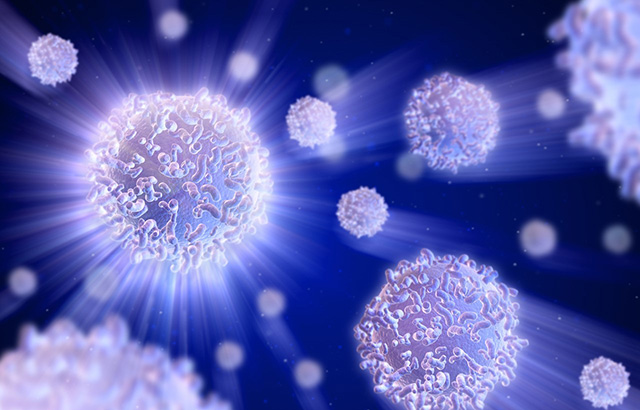Queen Mary in the Media over the summer
Queen Mary in the Media is a selection of our stories featured in the national and international media. Here is a round-up of stories featured over the summer, to keep you updated on some of the exciting things that the Queen Mary community has been up to.

The views expressed in the articles do not reflect those of Queen Mary University of London as an organisation.
Air pollution linked to changes in heart structure – Friday 3 August
A Queen Mary study which shows correlation between levels of exposure to fine particulate matter and chamber enlargement seen in early stages of heart failure was featured on the front page of The Guardian. The finding could help explain the increased number of deaths seen in areas with high levels of dirty air. Dr Nay Aung, a cardiologist at Queen Mary and first author of the research said: “What we don’t know is what is the mechanism behind it, why is air pollution leading to increased risk of heart attack and stroke?” Aung and colleagues report that they found exposure to nitrogen dioxide and fine particulate matter is linked to an increase in the size of two of the chambers of the heart, the left and right ventricle.
Read the Guardian news article
Read the Queen Mary news article
Stem cell transplants to be used in treating Crohn's disease – Monday 6 August
CBS News featured a new Queen Mary clinical study which will test the use of a stem cell treatment for Crohn’s disease. Lead trial investigator, Professor James Linsday, said: “What we're doing is using a patient's own stem cells to reset their immune system." He added: “Anything that we can do that takes away the duration of that suffering is an excellent thing.”
Read the Queen Mary news article
Opt-out organ register unlikely to increase donations – Thursday 16 August
An opt-out register is unlikely to increase the number of organ donations because family members would be more likely to veto a presumed consent, researchers have said. The results of a study by Queen Mary suggest that next of kin are more likely to quash a donation if their deceased relative has not given explicit consent. Dr Magda Osman, the lead researcher, said: “If you automatically presume consent of the entire nation by putting them into an opt-out system, what you do is you artificially inflate the numbers on the register but it doesn’t necessarily translate into more organ donations…Being automatically transferred into the system doesn’t provide a strong signal [to your family members] as to whether you want to donate your organs, so that’s going to exacerbate a problem which already exists.”
Read the Guardian news article
Read the Queen Mary news article
New online tool for clinicians could predict risk of breast cancer returning – Friday 24 August
A new online tool that could better predict the long-term risk of breast cancer returning in other areas of the body has been created. The simple web-based calculator was developed by researchers at Queen Mary University of London and the Royal Marsden NHS Foundation Trust. Co-lead researcher Professor Jack Cuzick, from Queen Mary, said: “Hormone sensitive breast cancer is one of the few cancers where late recurrence is common, and predicting who is at high risk is particularly important so that they can continue hormone treatment.
Goats 'drawn to happy human faces' – Wednesday 29 August
Scientists have found that goats are drawn to humans with happy facial expressions. The result suggests a wider range of animals can read people's moods than was previously thought. The team showed goats pairs of photos of the same person, one of them featuring an angry expression, and the other a happy demeanour. Dr Alan McElligott, who led the study while at Queen Mary, said: "The study has important implications for how we interact with livestock and other species, because the abilities of animals to perceive human emotions might be widespread and not just limited to pets."
Read the Queen Mary news article